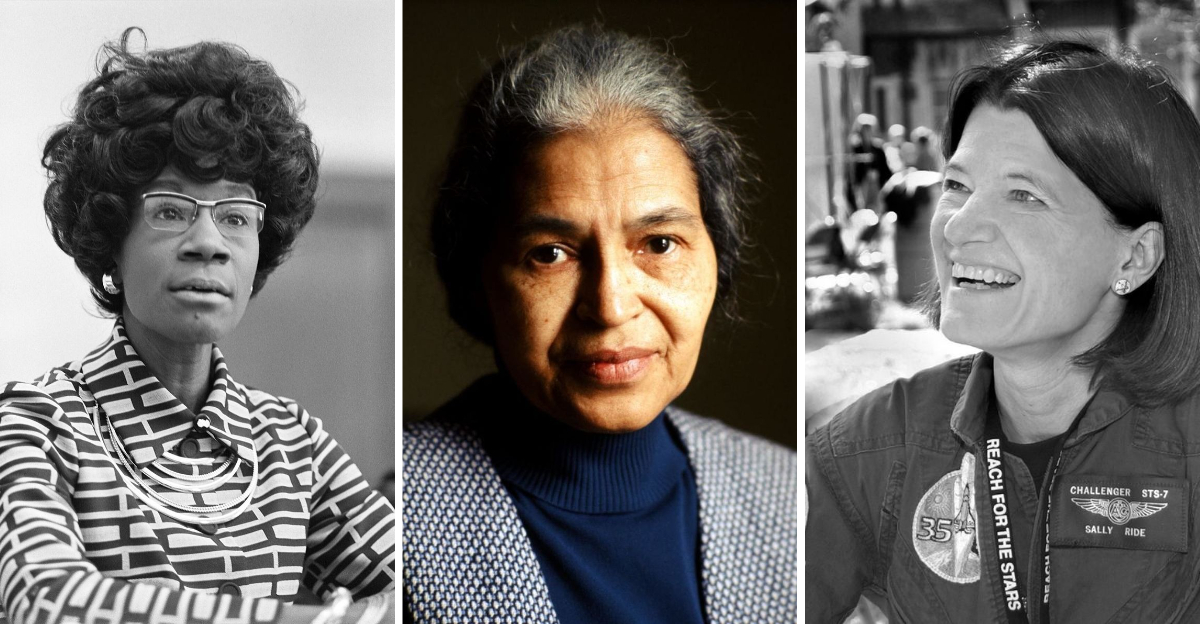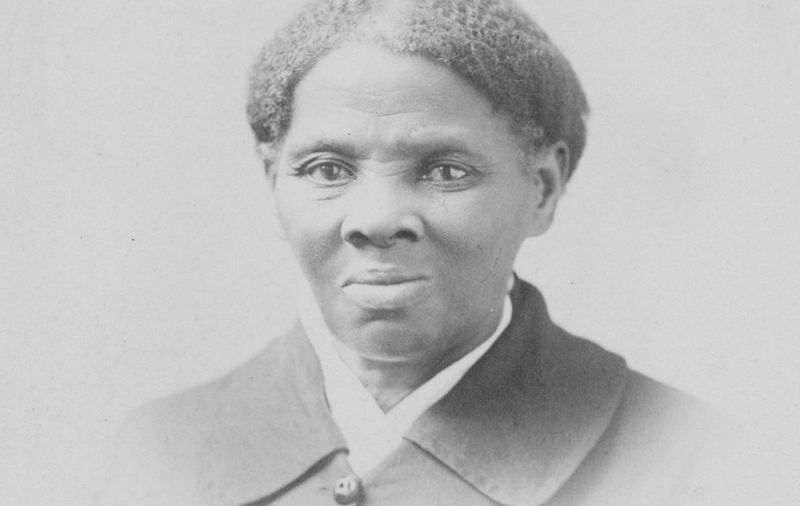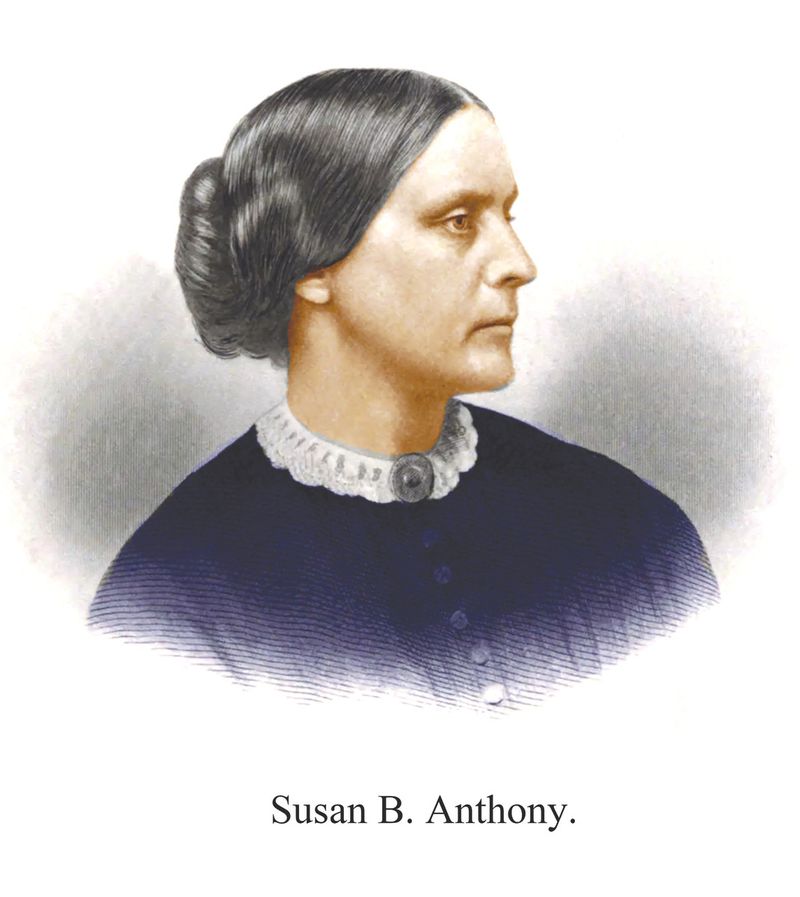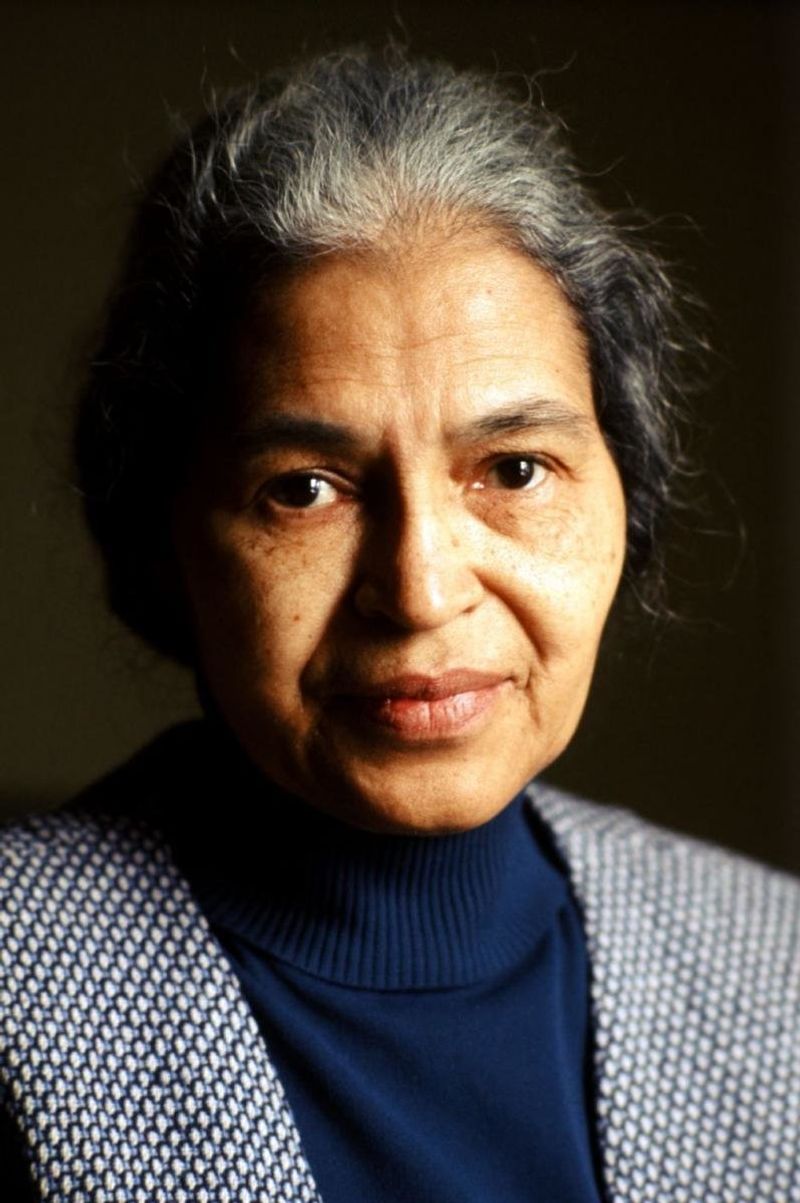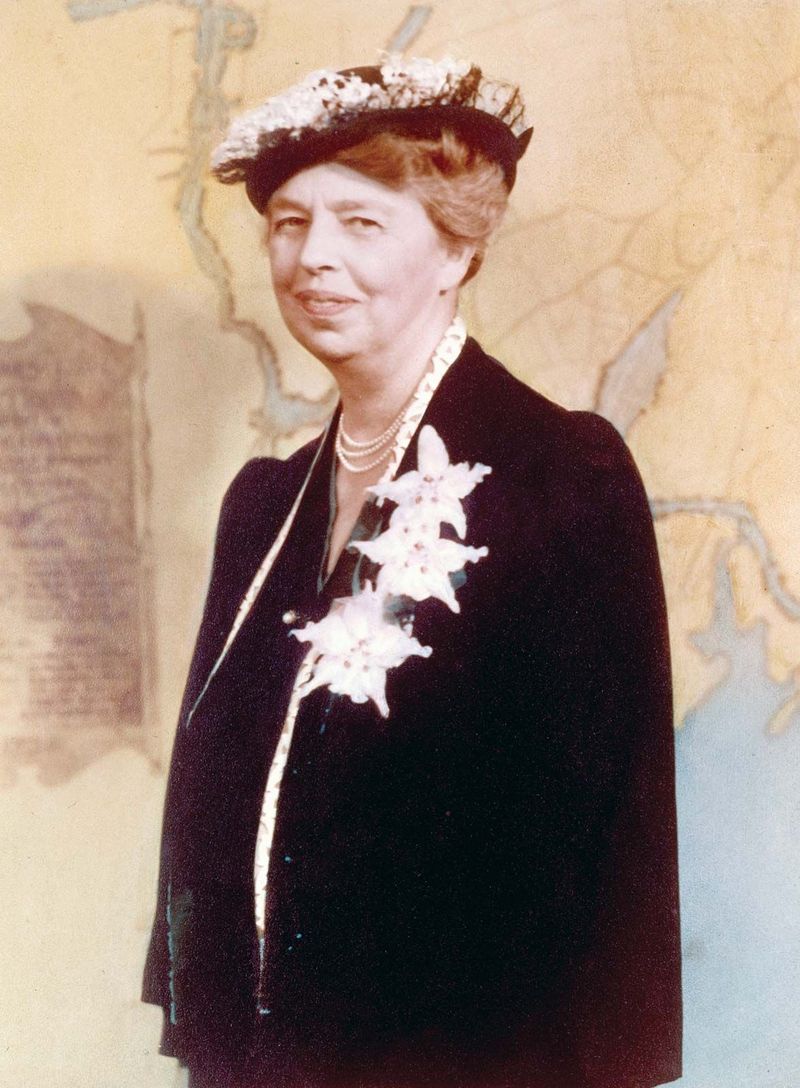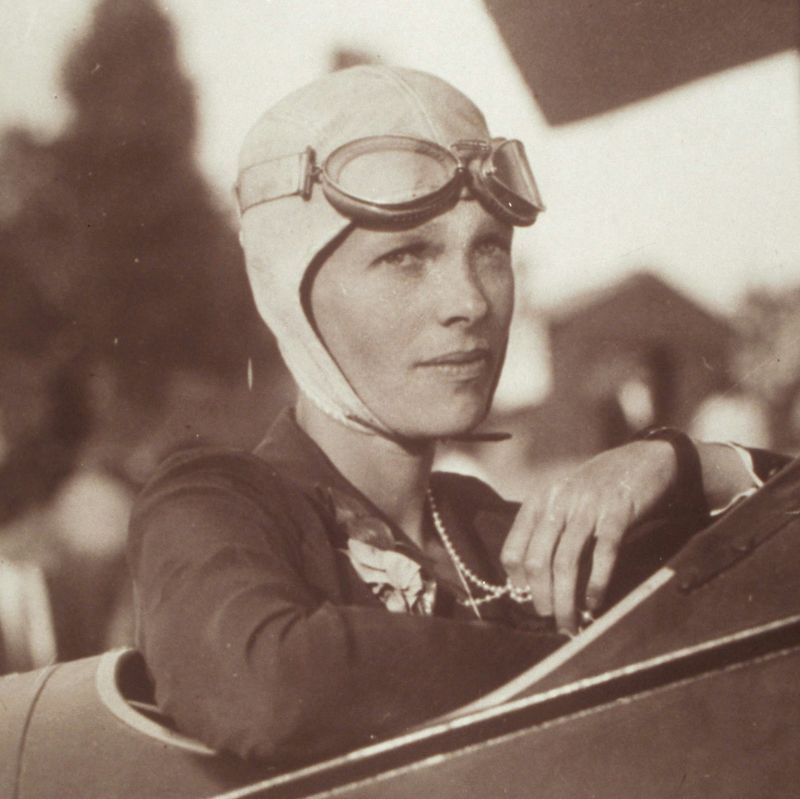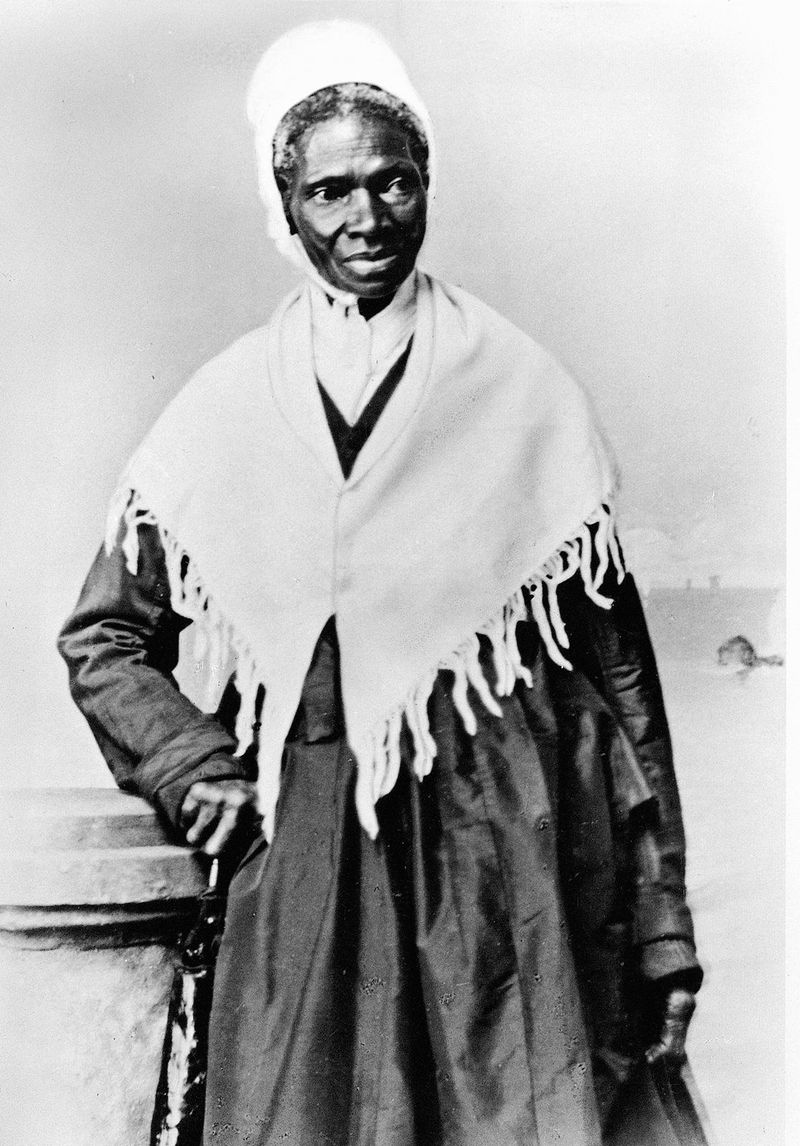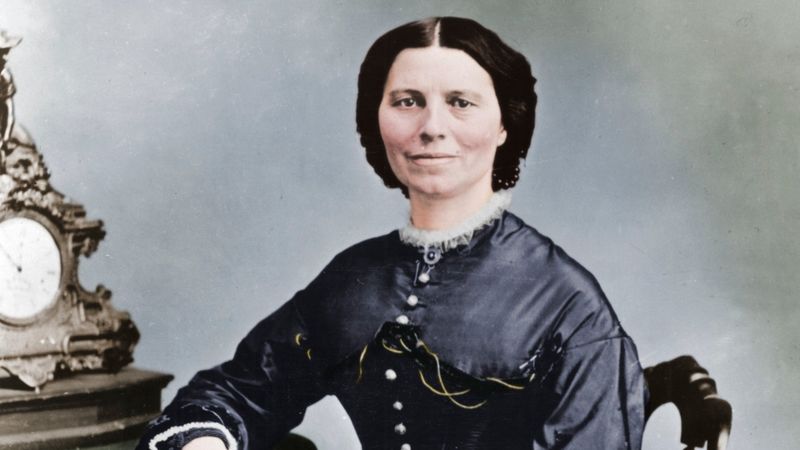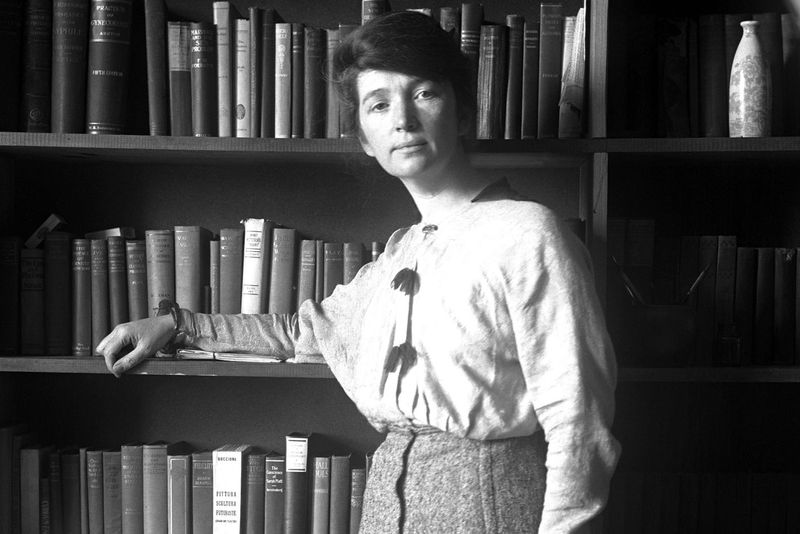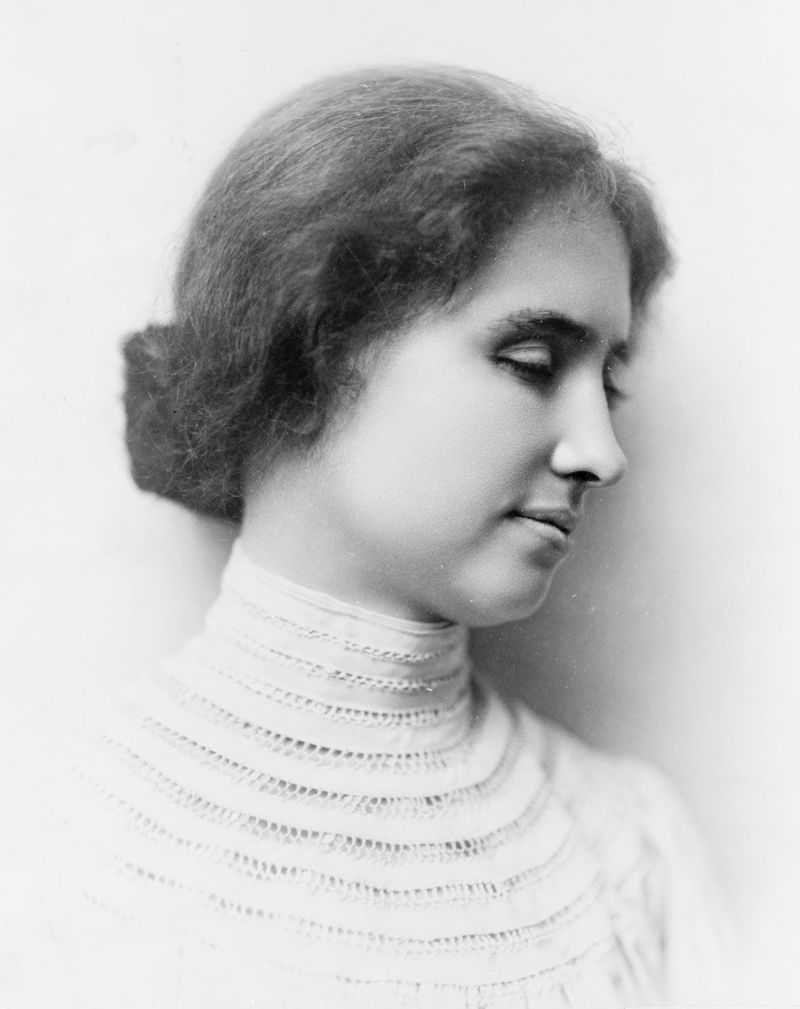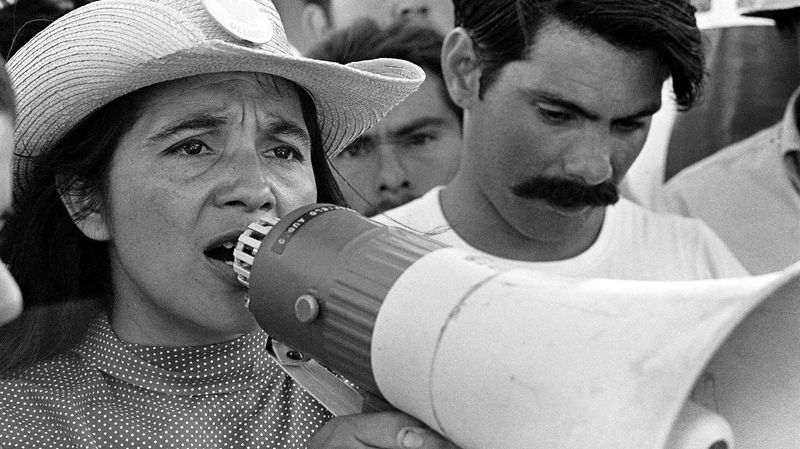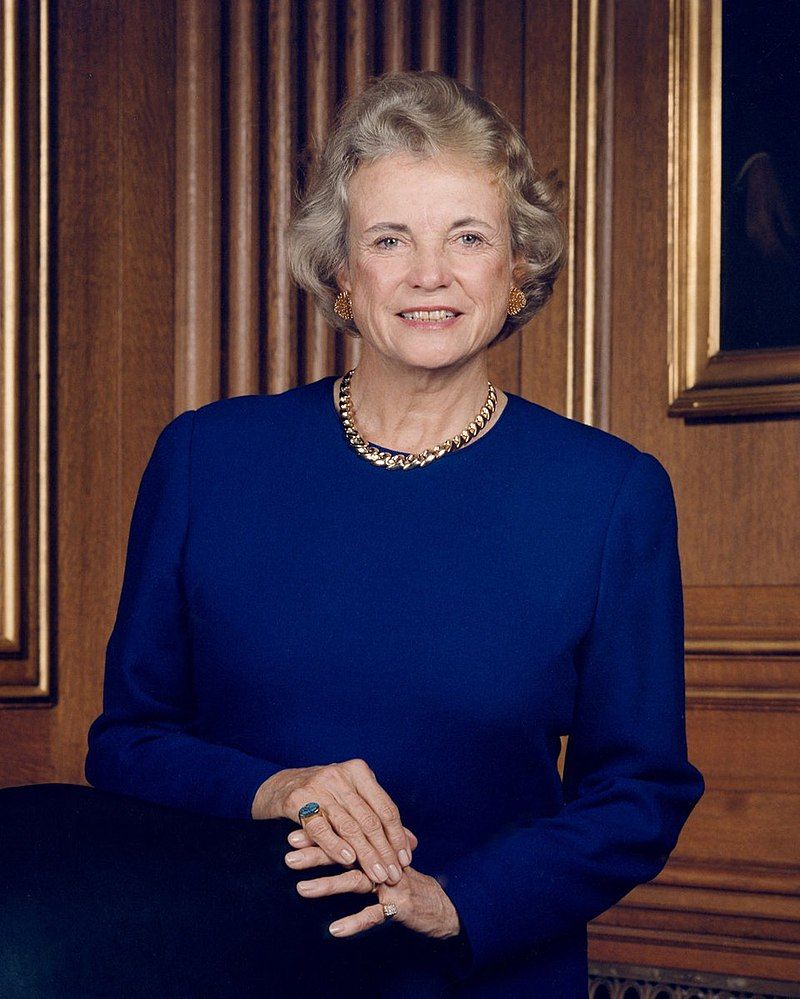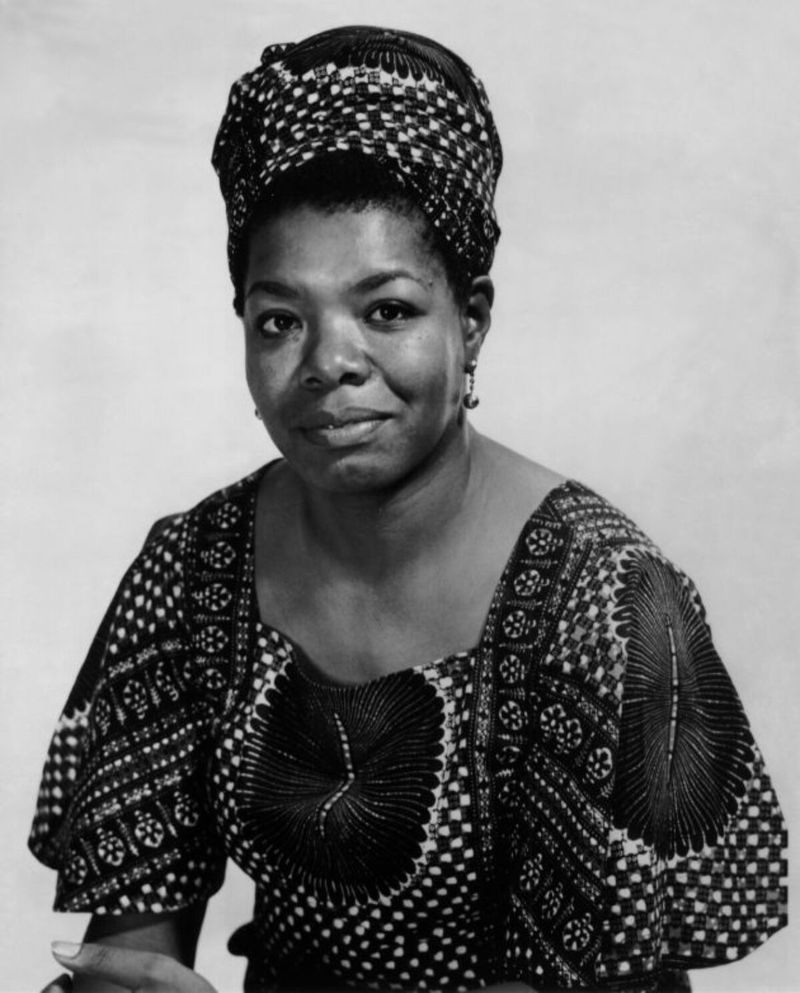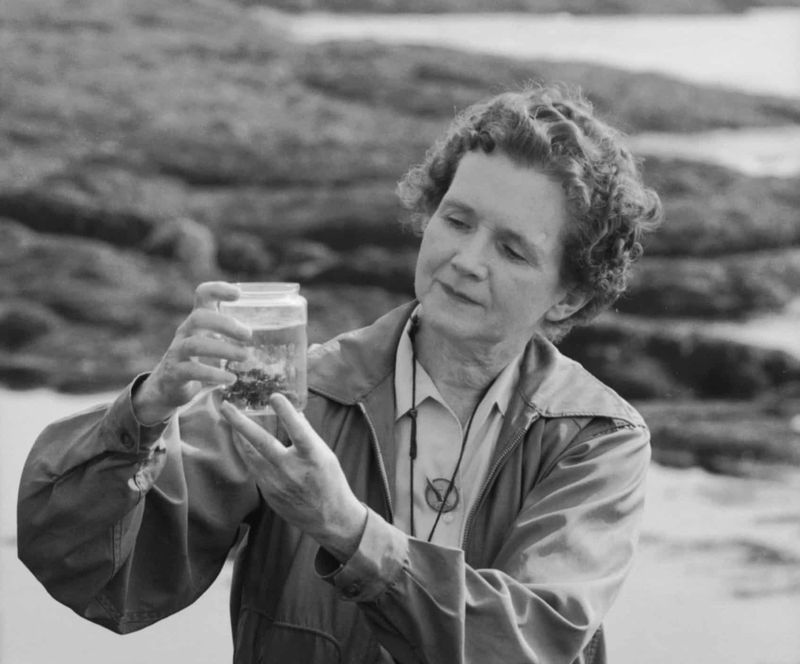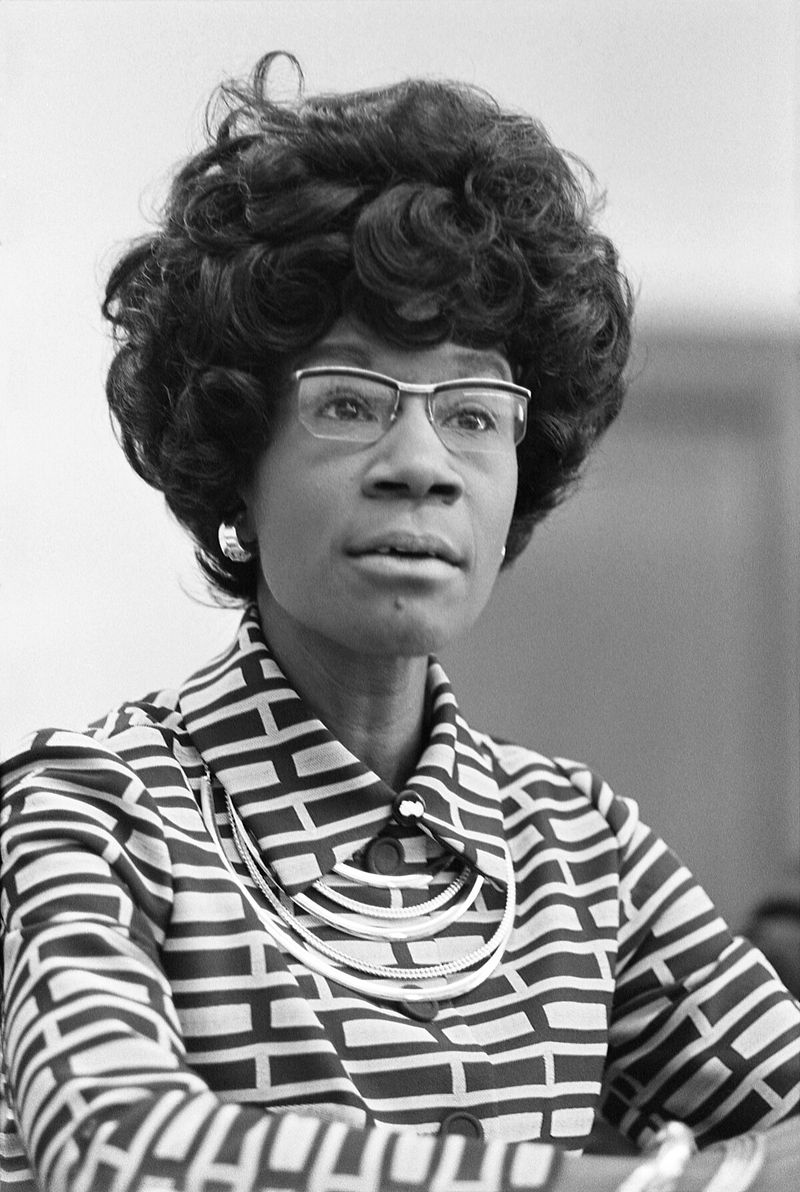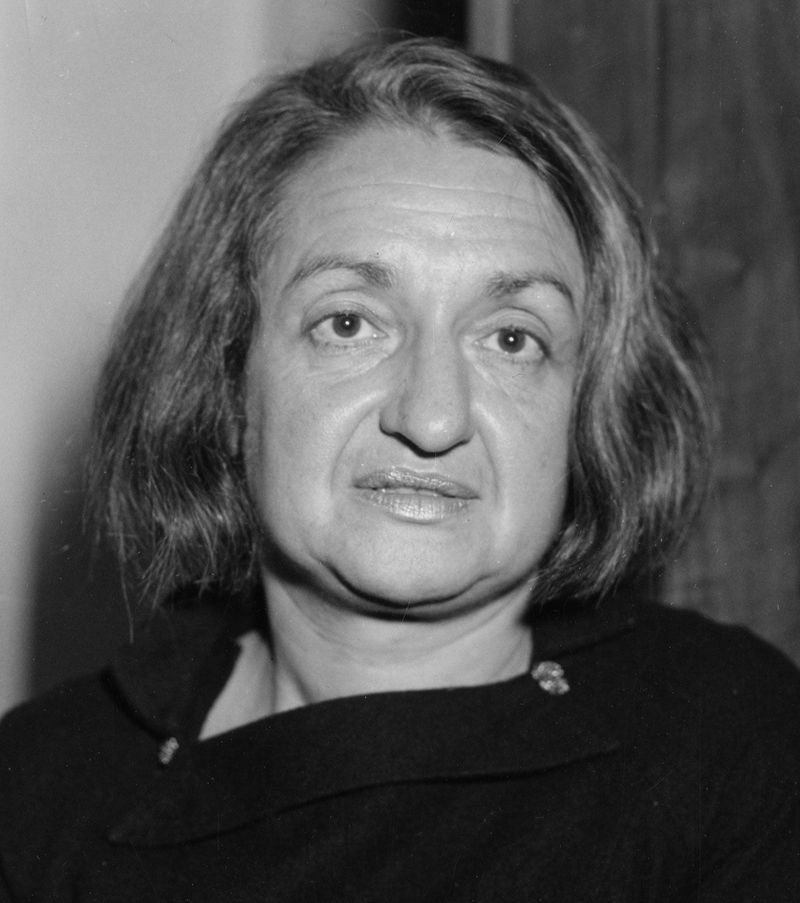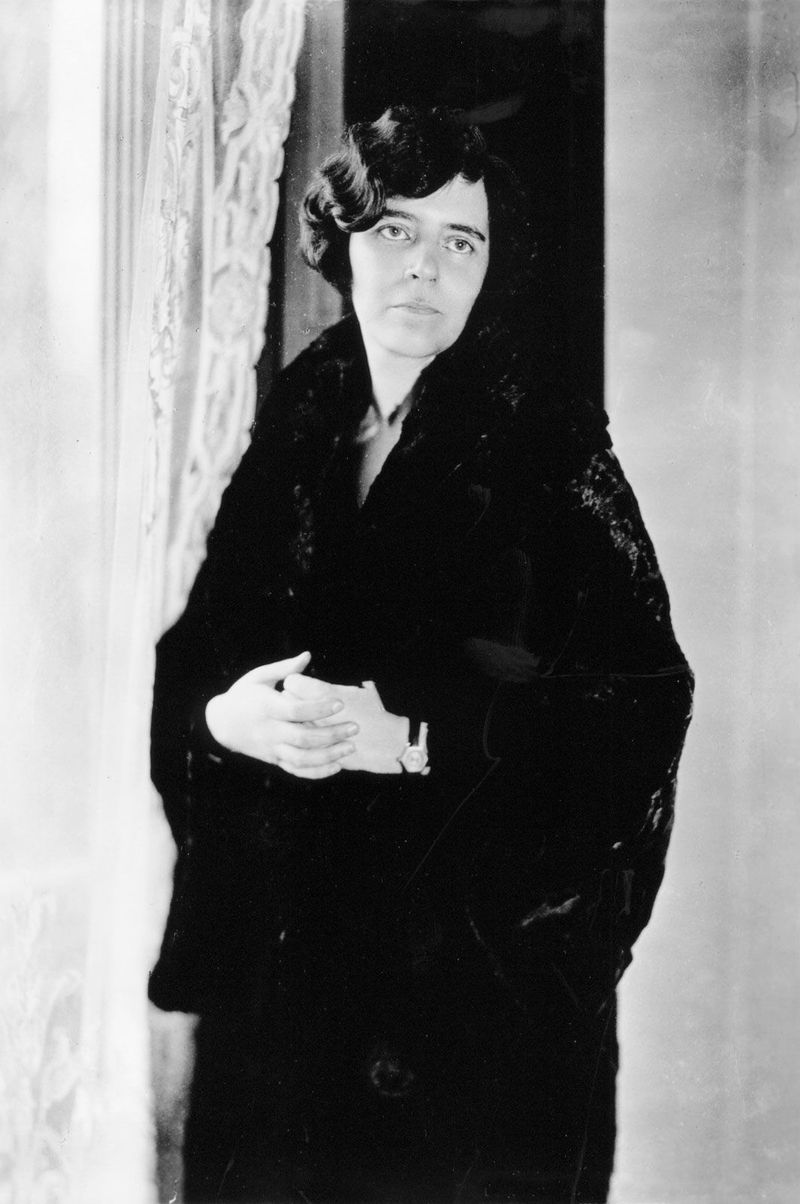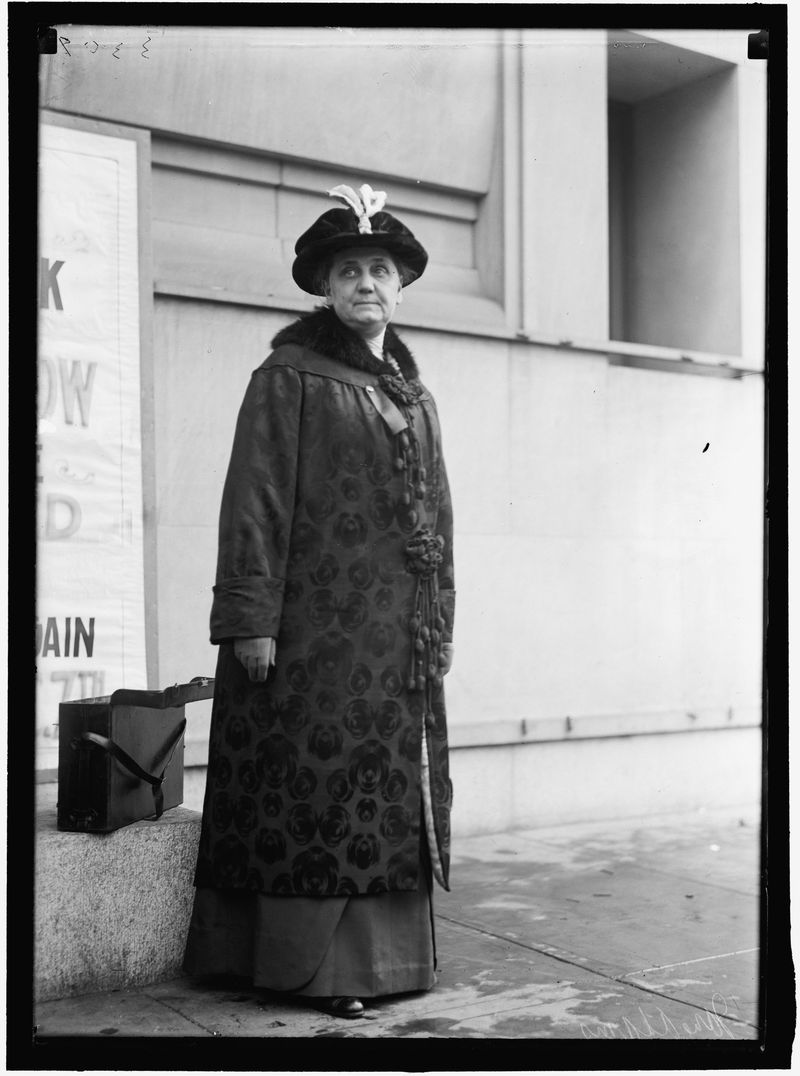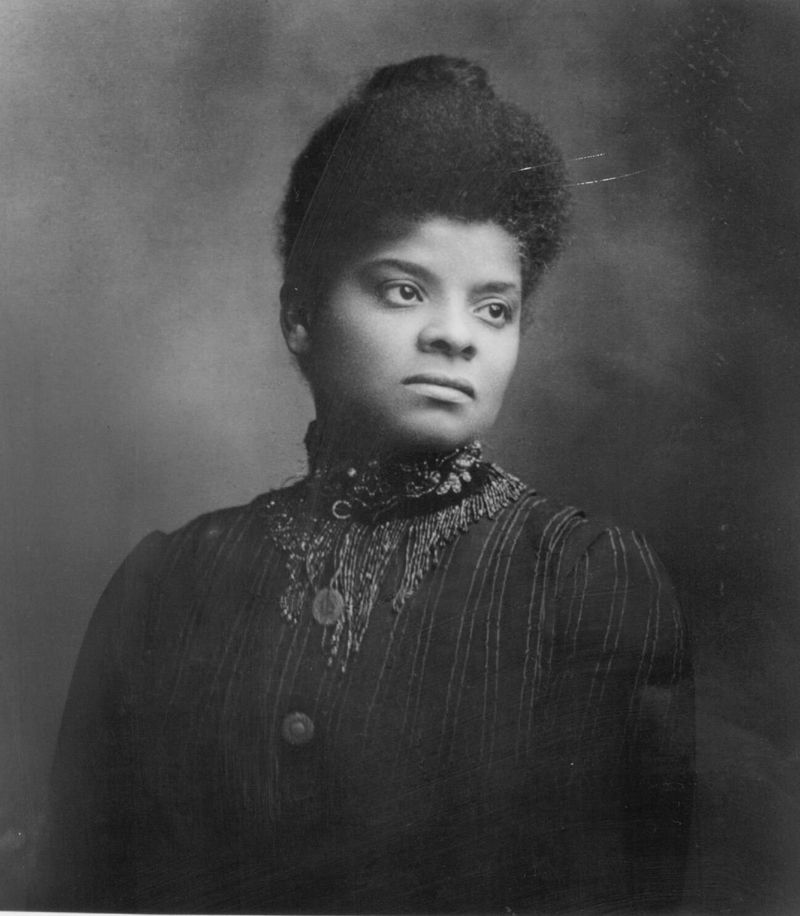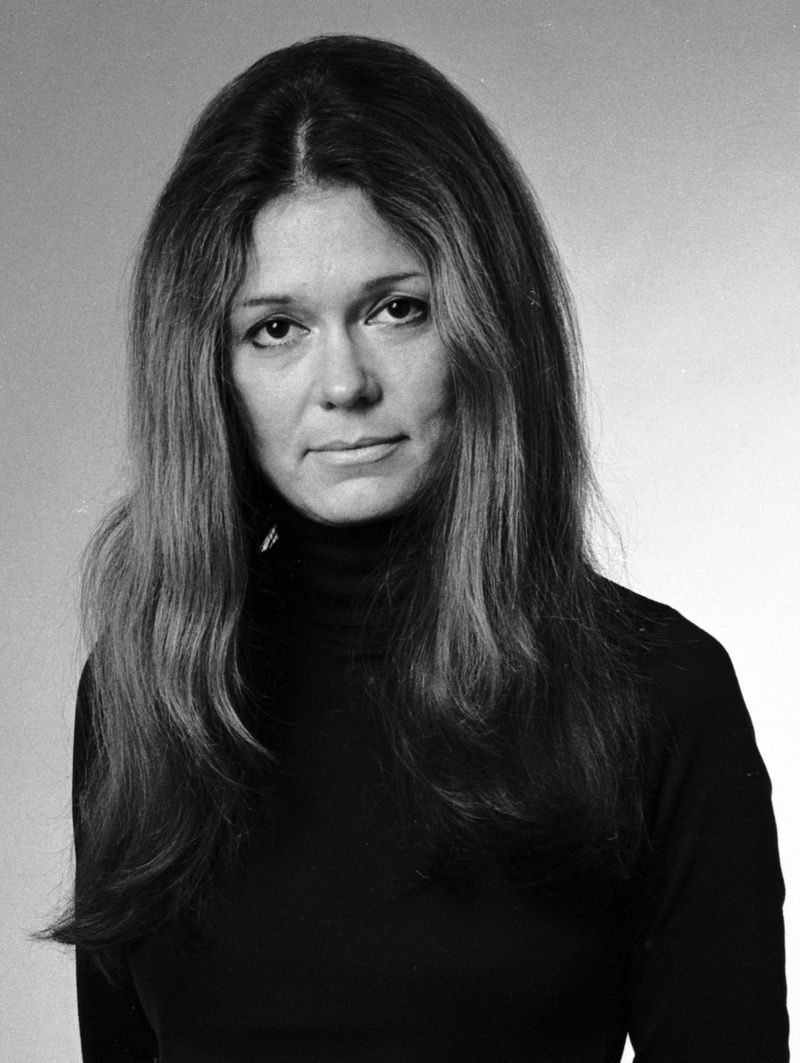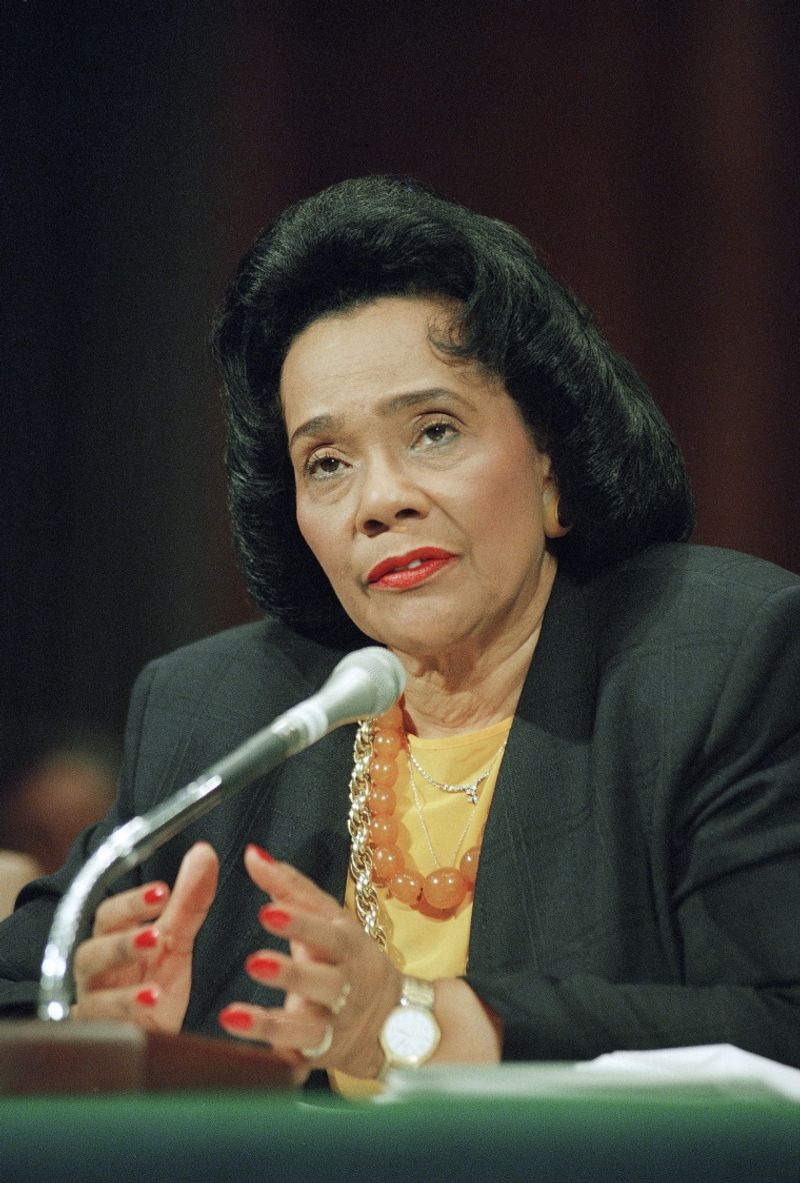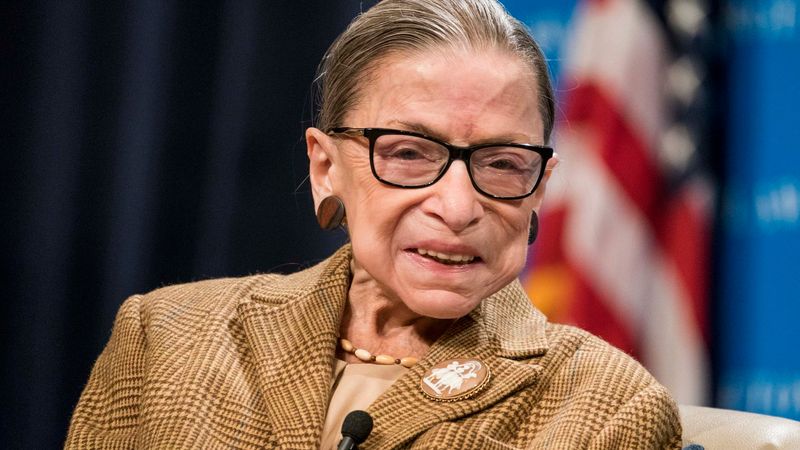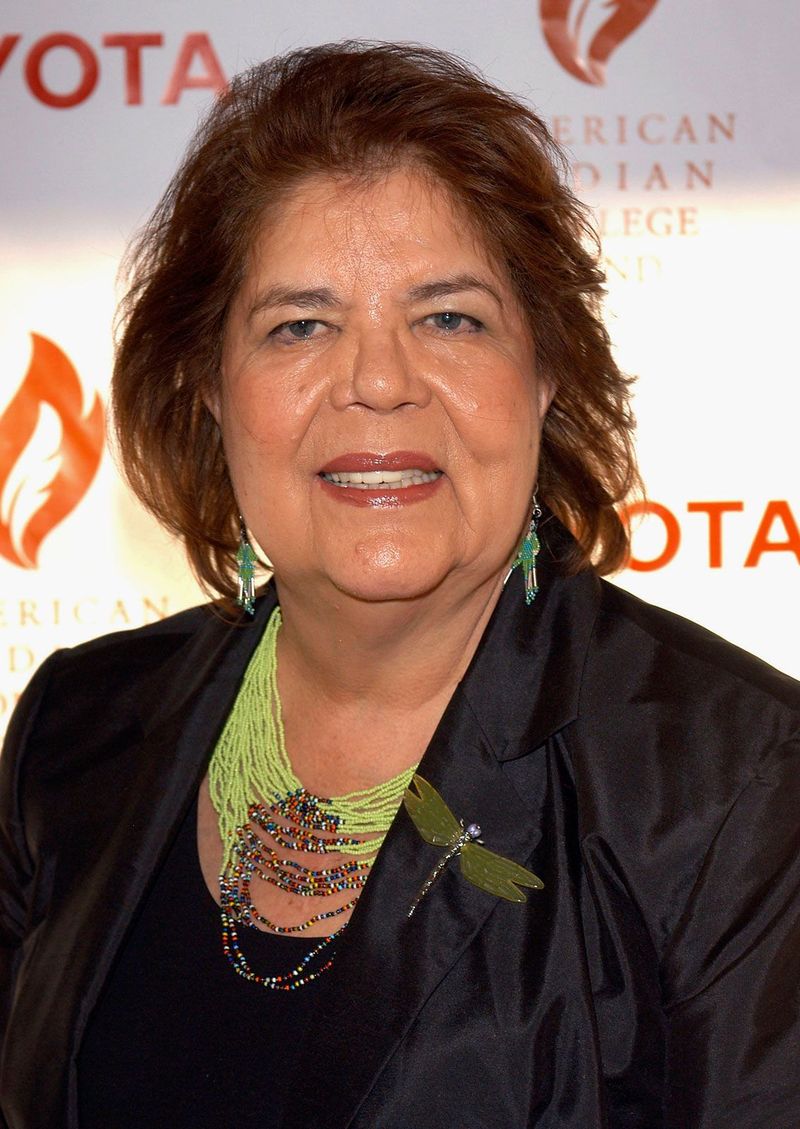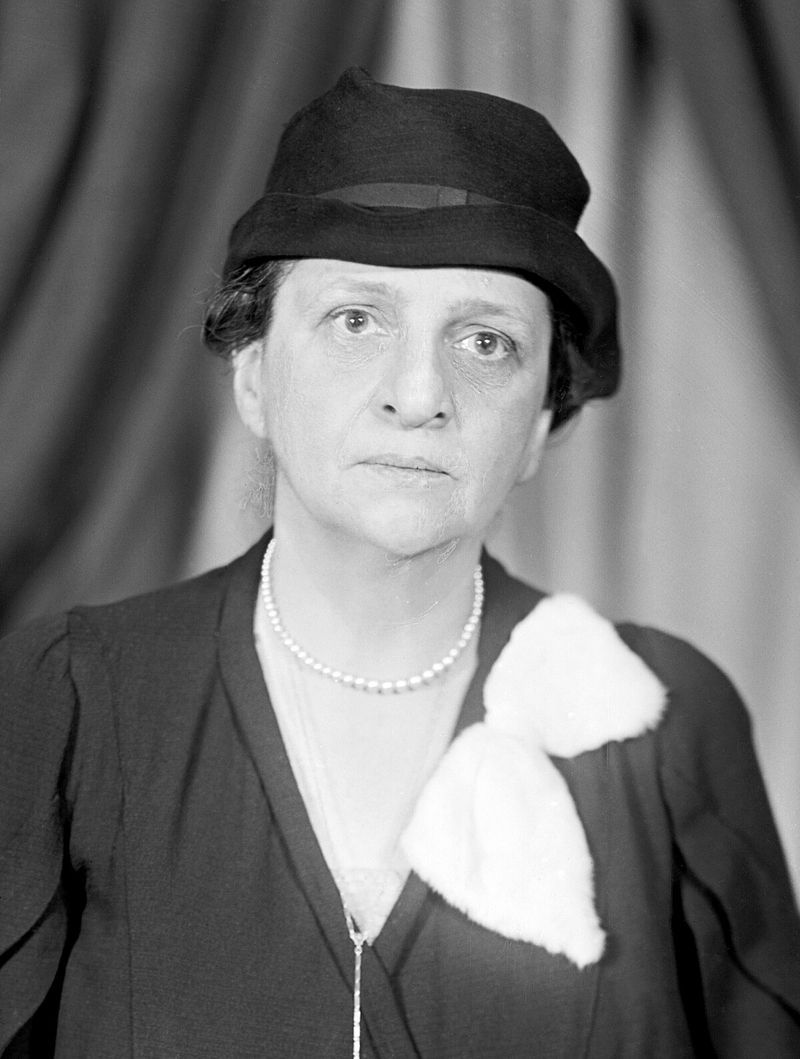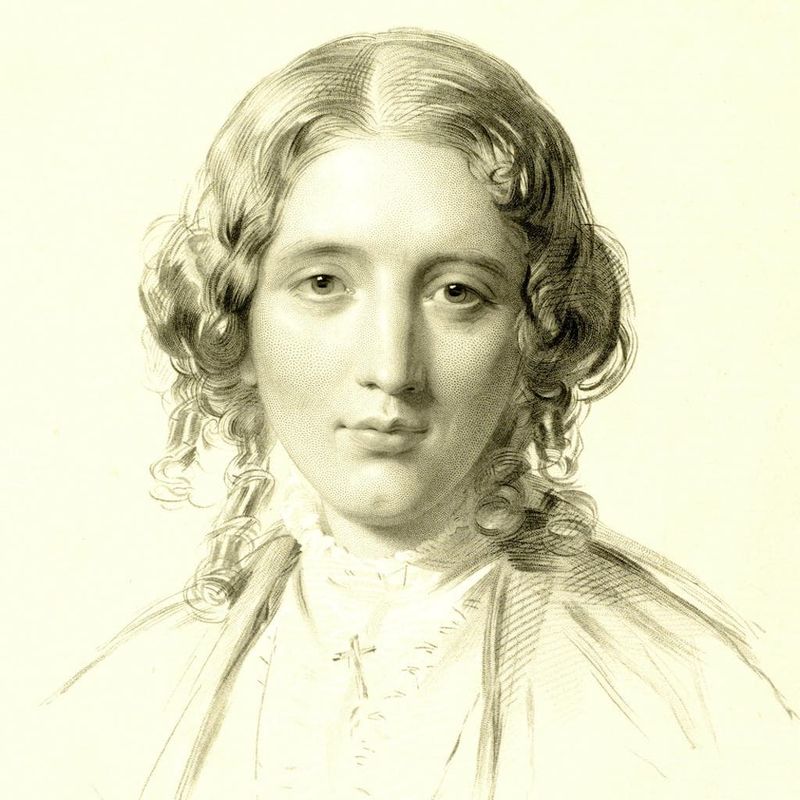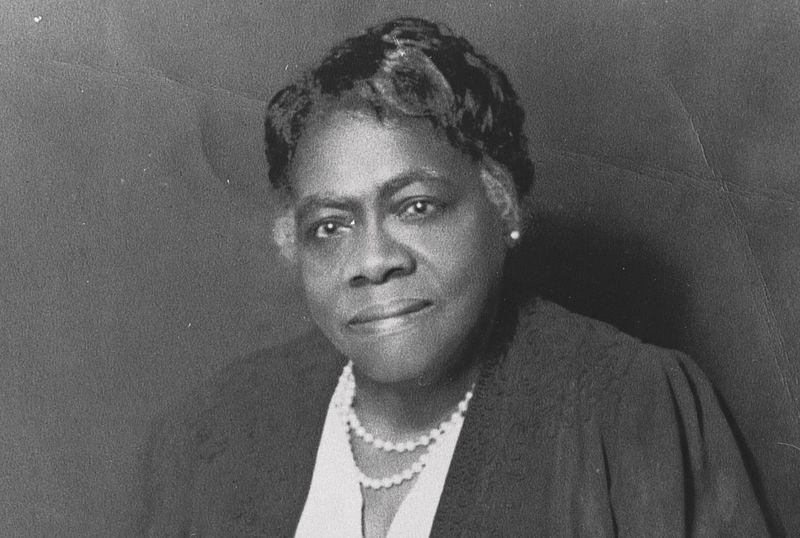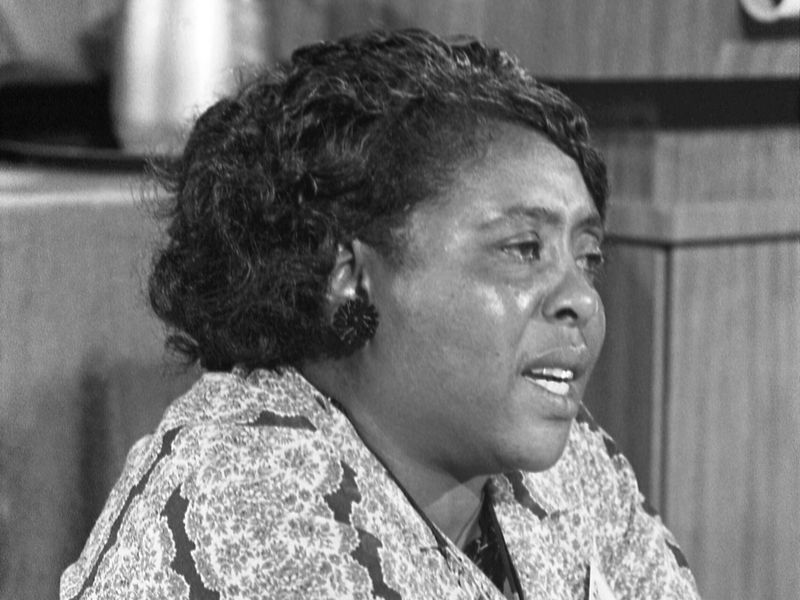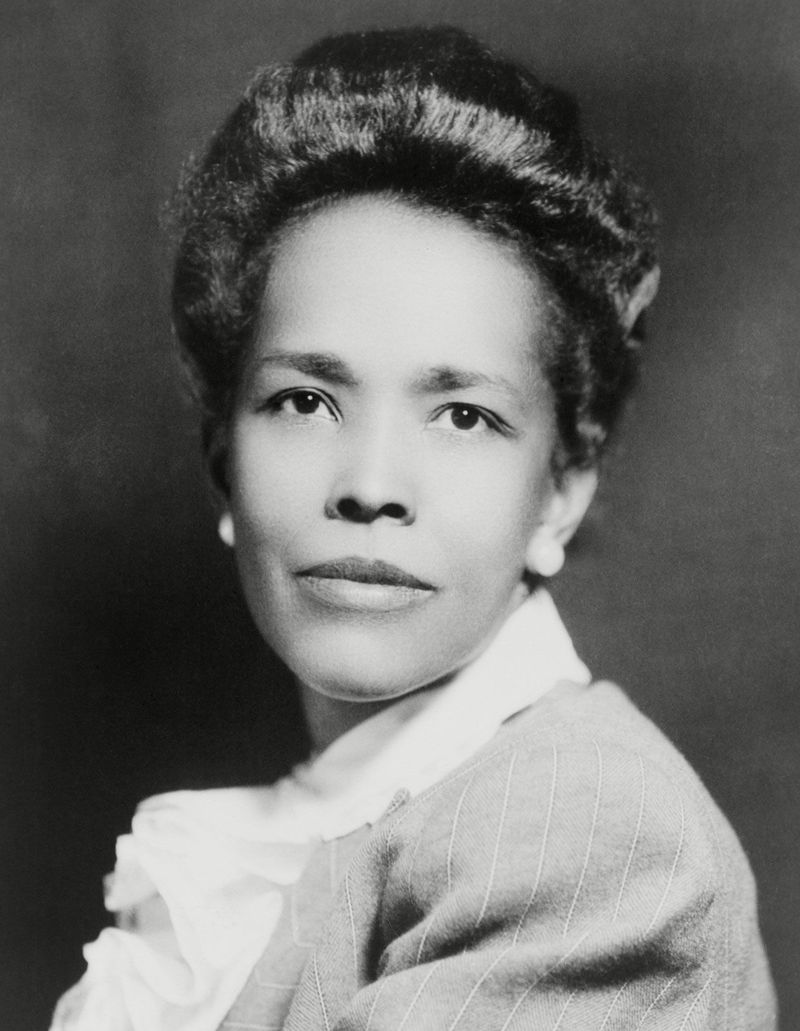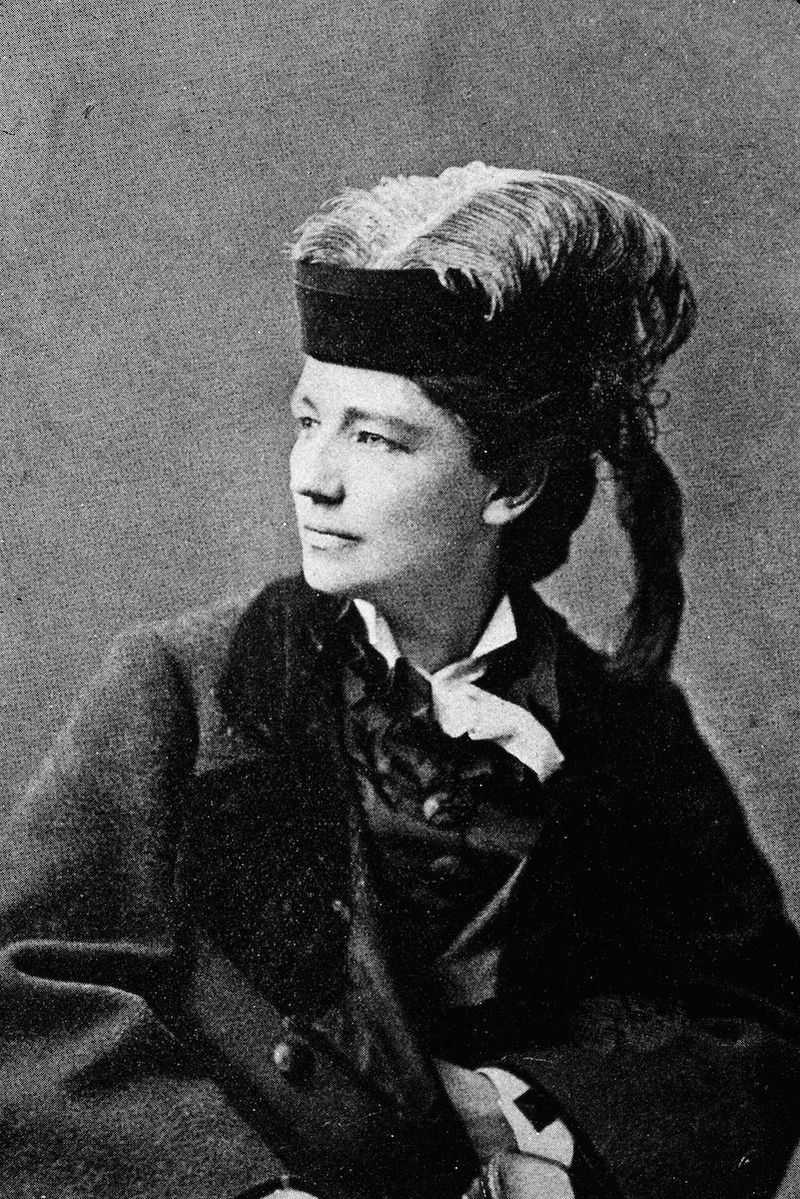Women have played a pivotal role in shaping the history of the United States, often overcoming substantial obstacles to make their mark.
From groundbreaking scientists and civil rights activists to political leaders and cultural icons, these women have left an indelible impact on American society.
This blog post celebrates 30 remarkable women who have contributed significantly to various facets of life in the U.S., each with her unique story and legacy.
They inspire us with their courage, innovation, and unwavering determination to forge paths in a myriad of fields.
1. Harriet Tubman
Harriet Tubman is best known for her role as a conductor on the Underground Railroad. Born into slavery, Tubman made the courageous decision to escape and did not stop there.
She returned to the South multiple times, risking her life to lead others to freedom. Her fearless dedication earned her the nickname “Moses.”
Tubman’s work extended beyond the Underground Railroad; she was also a spy, nurse, and advocate for women’s suffrage. Her legacy is one of courage and a testament to the power of determination.
Tubman’s impact continues to inspire generations seeking equality and justice.
2. Susan B. Anthony
Susan B. Anthony dedicated her life to women’s rights and suffrage. Co-founding the National Woman Suffrage Association, she traveled extensively, delivering powerful speeches advocating for women’s right to vote.
Anthony’s activism led to her arrest for voting illegally in the 1872 election, a bold and defiant act that highlighted her commitment. Her tireless efforts contributed significantly to the eventual passage of the 19th Amendment.
Anthony’s perseverance in the face of opposition and her ability to galvanize support for a just cause remain influential. She remains a symbol of the fight for gender equality and civil rights.
3. Rosa Parks
Rosa Parks is renowned for her pivotal role in the Montgomery Bus Boycott. In 1955, she refused to give up her seat to a white passenger, igniting a movement that became a catalyst for change in the Civil Rights Movement.
Parks’ quiet strength and resolve turned her into an enduring symbol of resistance against racial segregation. Beyond the boycott, she worked alongside other leaders to dismantle institutional racism.
Her legacy continues to serve as a powerful reminder of the impact of individual acts of defiance. Parks’ contributions are celebrated for advancing the cause of racial equality.
4. Eleanor Roosevelt
Eleanor Roosevelt transformed the role of First Lady into a platform for social change. Known for her advocacy for human rights, she was instrumental in drafting the Universal Declaration of Human Rights at the United Nations.
Roosevelt championed civil rights, women’s rights, and social justice throughout her life. Her newspaper column “My Day” gave her a voice to discuss pressing societal issues.
Eleanor’s ability to connect empathetically with diverse groups made her an influential figure. Her legacy as a humanitarian and a tireless advocate for the marginalized continues to inspire leaders globally to pursue equality and justice.
5. Amelia Earhart
Amelia Earhart’s aviation feats captivated the world and broke barriers. As the first female aviator to fly solo across the Atlantic, she became an icon of determination and courage.
Earhart’s passion for flying challenged societal norms, inspiring women to pursue careers in aviation and beyond. Her mysterious disappearance during an attempted around-the-world flight only added to her legend.
Earhart’s legacy is one of pioneering spirit and perseverance. She opened the skies to countless women who followed in her footsteps, proving that with ambition and bravery, the sky is no longer the limit.
6. Sojourner Truth
Sojourner Truth was a formidable advocate for abolition and women’s rights. Born into slavery, she gained her freedom and became renowned for her powerful speeches, including her famous “Ain’t I a Woman?” address.
Truth’s eloquence and fervor drew attention to the intersection of race and gender issues. She tirelessly campaigned for equality and justice, influencing both the abolitionist movement and early women’s rights efforts.
Her ability to articulate the struggles of black women remains unparalleled. Truth’s legacy is a testament to the strength of voice and conviction in the fight for human rights and equality.
7. Clara Barton
Clara Barton is celebrated as a pioneering nurse and founder of the American Red Cross. Her relentless dedication to caring for soldiers during the Civil War earned her the nickname “Angel of the Battlefield.”
Barton saw a need for organized emergency assistance and established the American Red Cross, which became a crucial humanitarian aid organization. Her leadership and vision advanced medical care and emergency response.
Barton’s legacy lies in her compassionate service and the sustained impact of the Red Cross. She exemplified selflessness and commitment to helping others in times of greatest need.
8. Margaret Sanger
Margaret Sanger was a trailblazer in the birth control movement, advocating for women’s reproductive rights. Her work led to the formation of Planned Parenthood, an organization that has provided essential health services to women.
Sanger’s controversial yet courageous stance challenged societal norms, opening up discussions on women’s autonomy over their bodies. Her efforts laid the groundwork for modern family planning and reproductive healthcare.
Sanger’s legacy is marked by her relentless pursuit of women’s rights and health, emphasizing the importance of choice and control. Her impact continues to resonate in ongoing debates about reproductive freedom.
9. Helen Keller
Helen Keller, despite being blind and deaf, became an extraordinary advocate for disability rights. With the help of her teacher Anne Sullivan, Keller learned to communicate, eventually graduating from Radcliffe College.
Her achievements were groundbreaking, proving that disability was not a barrier to intellectual accomplishment. Keller traveled extensively, advocating for the rights of the disabled, women’s suffrage, and labor reform.
Her inspirational story and tireless activism made her a global symbol of resilience. Keller’s legacy embodies the belief that barriers can be overcome, and she remains a source of inspiration for millions around the world.
10. Dolores Huerta
Dolores Huerta is an iconic labor leader and civil rights activist. Co-founding the United Farm Workers association, she fought tirelessly for the rights of farm workers alongside Cesar Chavez.
Huerta’s passionate advocacy led to significant improvements in labor conditions and wages. Her slogan “Sí, se puede” embodies her relentless spirit and determination. Beyond labor rights, Huerta has championed women’s rights and social justice issues.
Her dedication to community organizing and empowerment has made her a formidable force in the fight for equality. Huerta’s enduring impact is a testament to her unwavering commitment to justice.
11. Sandra Day O’Connor
Sandra Day O’Connor made history as the first woman appointed to the U.S. Supreme Court. Her groundbreaking appointment was a significant step towards gender equality in the judiciary.
O’Connor’s pragmatic approach to decision-making and her ability to build consensus were hallmarks of her tenure. She played a crucial role in shaping pivotal legal decisions, balancing principles of justice and fairness.
O’Connor’s legacy is marked by her trailblazing path and her influence on the highest court. Her story inspires women aspiring to pursue careers in law and positions of leadership, showcasing the power of breaking barriers.
12. Maya Angelou
Maya Angelou was a literary genius and a powerful voice for social justice. Her autobiographical work “I Know Why the Caged Bird Sings” is a profound exploration of race, identity, and resilience.
Angelou’s eloquent poetry and prose captured the struggles and triumphs of marginalized communities. She was an influential figure in the Civil Rights Movement, working alongside leaders like Martin Luther King Jr. and Malcolm X.
Angelou’s legacy continues to inspire through her words that evoke empathy and understanding. Her contributions as a writer, poet, and activist have left an indelible mark on American culture.
13. Rachel Carson
Rachel Carson was a pioneering environmentalist whose work alerted the world to the dangers of chemical pesticides.
Her seminal book “Silent Spring” sparked a movement that led to increased environmental awareness and eventually the establishment of the U.S. Environmental Protection Agency.
Carson’s meticulous research and compelling writing raised public consciousness about the impact of human actions on nature. Her legacy is the foundation of modern environmentalism, emphasizing the interconnectedness of all living things.
Carson’s influence persists in ongoing efforts to protect the natural world, serving as a catalyst for change in environmental policies worldwide.
14. Shirley Chisholm
Shirley Chisholm was a trailblazer in American politics as the first African American woman elected to Congress. Her slogan “Unbought and Unbossed” reflected her commitment to independence and integrity.
Chisholm shattered political barriers, becoming a fierce advocate for civil rights, education, and women’s rights. In 1972, she made history again by running for the Democratic presidential nomination, paving the way for future candidates.
Chisholm’s legacy is one of breaking boundaries and championing equity in governance. Her courage and determination continue to inspire those fighting for representation and justice in political arenas.
15. Betty Friedan
Betty Friedan was a leading figure in the feminist movement, known for her groundbreaking book “The Feminine Mystique.” Her work challenged the traditional roles of women in society, igniting a revolution for gender equality.
Friedan co-founded the National Organization for Women (NOW), advocating for women’s rights and workplace equality. Her activism addressed issues like maternity leave, childcare, and abortion rights.
Friedan’s legacy is rooted in her unyielding fight for women’s liberation, empowering generations to challenge societal norms. Her impact remains relevant today, as the pursuit of gender equality continues to evolve and inspire.
16. Sally Ride
Sally Ride broke barriers as the first American woman to travel to space. Her historic flight aboard the Space Shuttle Challenger in 1983 inspired countless young women to pursue careers in science and engineering.
Ride’s passion for education led her to promote STEM fields through her company, Sally Ride Science. Her commitment to encouraging youth, especially girls, in scientific exploration is a key part of her legacy.
Ride’s groundbreaking achievements and advocacy for science education continue to influence aspiring scientists, proving that the journey to the stars is open to all who dare to dream.
17. Alice Paul
Alice Paul was a relentless suffragist whose efforts were pivotal in securing the 19th Amendment. Her strategic planning of marches, protests, and hunger strikes brought national attention to women’s suffrage.
Paul’s dedication to equal rights extended beyond the vote; she authored the Equal Rights Amendment, which sought to eliminate gender-based discrimination. Her activism inspired future generations to fight for gender equality.
Paul’s legacy is characterized by her unwavering resolve and her ability to effect change through non-violent protest. Her contributions are celebrated worldwide, reminding us of the power of persistence in the pursuit of justice.
18. Jane Addams
Jane Addams was a pioneering social worker and co-founder of Hull House, a settlement house in Chicago. Her innovative approach to addressing urban poverty and immigrant needs created a model for community centers.
Addams advocated for social reform, focusing on issues like child labor, public health, and women’s rights. Her efforts earned her the Nobel Peace Prize in 1931, recognizing her dedication to peace and social justice.
Addams’ legacy lives on in the field of social work and the broader fight for equality. Her vision and empathy continue to inspire those committed to social change.
19. Ida B. Wells
Ida B. Wells was a fearless journalist and civil rights crusader known for her anti-lynching activism. Her investigative journalism exposed the horrors of racial violence and injustice, demanding accountability and change.
Wells co-founded several civil rights organizations, including the NAACP, advocating for African American rights and women’s suffrage. Her unyielding commitment to truth and justice made her a formidable force in the fight against systemic racism.
Wells’ legacy is a testament to the power of the press and the importance of standing up against oppression. Her work continues to inspire journalists and activists worldwide.
20. Gloria Steinem
Gloria Steinem is a prominent feminist and journalist, renowned for her advocacy for women’s rights. As a co-founder of Ms. Magazine, Steinem provided a platform for feminist voices and issues.
Her articulate activism has addressed a broad spectrum of social issues, from reproductive rights to gender inequality in the workplace.
Steinem’s ability to connect with diverse audiences and galvanize movements has made her a leading figure in feminism.
Her legacy is marked by her unwavering commitment to equality and justice, inspiring generations of activists to continue the fight for gender equity.
21. Billie Jean King
Billie Jean King is a tennis legend and prominent advocate for gender equality in sports. Her victory in the “Battle of the Sexes” match against Bobby Riggs in 1973 was a pivotal moment in challenging gender stereotypes.
King’s advocacy extended beyond the court as she fought for equal pay and opportunities for female athletes. She founded the Women’s Tennis Association and championed Title IX, promoting gender equity in education and athletics.
King’s legacy is one of empowerment and change, inspiring women in sports to strive for excellence and equality. Her impact continues to resonate globally.
22. Coretta Scott King
Coretta Scott King was a key leader in the American Civil Rights Movement, continuing the work of her husband, Martin Luther King Jr. Her activism extended beyond racial equality to include women’s rights, LGBTQ rights, and global peace.
King’s efforts helped establish Martin Luther King Jr. Day as a national holiday, ensuring his legacy of nonviolent resistance and justice endured. Her ability to unite diverse communities and advocate for universal human rights made her a formidable figure.
Coretta Scott King’s legacy is one of deep compassion and unwavering commitment to advancing civil and human rights worldwide.
23. Ruth Bader Ginsburg
Ruth Bader Ginsburg, affectionately known as RBG, was a champion for gender equality and justice. As a Supreme Court Justice, her decisions and dissents addressed issues of discrimination, civil liberties, and women’s rights.
Ginsburg’s work as a litigator before the court laid the foundation for her judicial contributions. Her legacy is marked by her ability to articulate complex legal concepts and advocate for equal treatment.
Ginsburg’s influence extends beyond her legal achievements; she became a cultural icon, inspiring generations to pursue justice and equality relentlessly. Her enduring impact on law and society is profound.
24. Wilma Mankiller
Wilma Mankiller was the first female Principal Chief of the Cherokee Nation, a groundbreaking achievement in Native American leadership.
Her tenure focused on community development, self-governance, and the empowerment of Indigenous peoples. Mankiller’s leadership style emphasized collaboration and cultural preservation, setting a precedent for future generations.
Her efforts in improving healthcare, education, and economic opportunities had lasting impacts on the Cherokee community. Mankiller’s legacy is one of resilience and innovation, inspiring Native Americans and women to pursue leadership roles.
Her contributions continue to be celebrated in the ongoing quest for Indigenous rights and recognition.
25. Frances Perkins
Frances Perkins was the first woman appointed to a U.S. Cabinet position, serving as Secretary of Labor under President Franklin D. Roosevelt.
Her tenure was marked by significant contributions to the New Deal, including the establishment of Social Security and labor rights. Perkins’ advocacy for workers’ rights and economic security transformed American labor policies.
Her legacy is rooted in her unwavering commitment to improving the lives of working Americans. Perkins’ work laid the foundation for modern labor laws, ensuring protections and benefits for generations.
Her impact on social welfare and labor continues to be felt today.
26. Harriet Beecher Stowe
Harriet Beecher Stowe’s novel “Uncle Tom’s Cabin” had a profound impact on the American abolitionist movement.
Her portrayal of the brutal realities of slavery galvanized public opinion in the North and heightened tensions leading to the Civil War. Stowe’s writing was a catalyst for change, influencing both literary and political landscapes.
Her legacy as a writer and abolitionist is marked by her courage to confront societal injustices through literature. Stowe’s work continues to be studied for its historical significance and its role in advancing the cause of freedom and equality.
Her influence endures in the ongoing fight against oppression.
27. Mary McLeod Bethune
Mary McLeod Bethune was an educator and civil rights leader dedicated to advancing African American rights and education. She founded the Daytona Literary and Industrial School for Training Negro Girls, which evolved into Bethune-Cookman University.
Her work in education and her role as an advisor to President Franklin D. Roosevelt made her a powerful advocate for racial and gender equality.
Bethune’s legacy is marked by her commitment to empowering black communities through education and political engagement. Her influence remains evident in the continued fight for equality and access to education for marginalized communities.
28. Fannie Lou Hamer
Fannie Lou Hamer was a passionate civil rights activist, known for her tireless advocacy for voting rights.
Her work with the Student Nonviolent Coordinating Committee and her testimony at the 1964 Democratic National Convention highlighted the struggles of African Americans in the South.
Hamer’s courage and determination in the face of adversity inspired many to join the fight for civil rights. Her legacy is one of empowerment and resilience, emphasizing the importance of exercising the right to vote.
Hamer’s contributions continue to inspire activists committed to justice and equality in the democratic process.
29. Ella Baker
Ella Baker was a central figure in the American Civil Rights Movement, known for her grassroots organizing and mentorship.
Her work with the NAACP, Southern Christian Leadership Conference, and Student Nonviolent Coordinating Committee focused on empowering local leaders and communities.
Baker’s belief in participatory democracy and collective action was instrumental in advancing civil rights. Her legacy is characterized by her dedication to building strong, sustainable movements for social change.
Baker’s influence continues to inspire community organizers and activists committed to justice and equality. Her contributions are celebrated for empowering individuals to make a difference.
30. Victoria Woodhull
Victoria Woodhull, an audacious trailblazer in the 19th century, was the first woman to run for President in 1872. Her campaign, though unconventional, sparked important conversations about women’s rights.
As a women’s suffrage advocate, she challenged societal norms. Woodhull’s other ventures included being the first female stockbroker on Wall Street and publishing a radical newspaper.
Her publication focused on controversial topics, emphasizing women’s rights and labor reforms. Despite facing criticism and legal challenges, Woodhull’s determination left a lasting legacy.
Her bold actions paved the way for future generations of women in politics and business.
